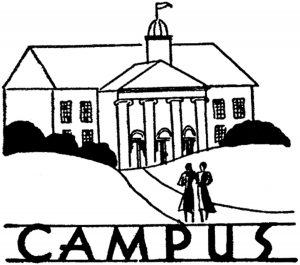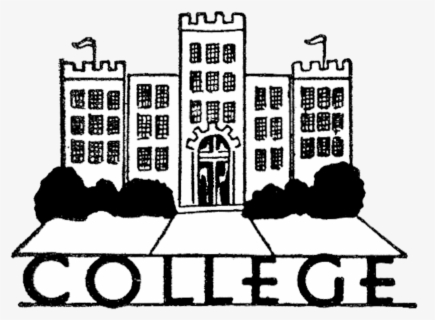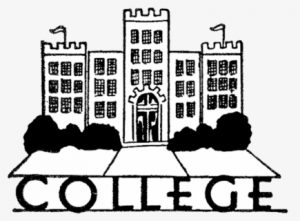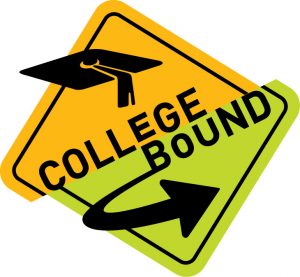COVID 19 has made the the college search much more difficult. For the most part, it is not possible to do in person college visits, tours or information sessions. So how can you make an informed decision when choosing a college? Many universities have been offering new ways to get information about their schools available to potential future students to help with the college search.
Virtual Tours
Virtual tours are one tool many colleges are using to visualize their campus. The virtual tours often include interactive maps and programs that give you a 360 degree view of different areas of the campus.
Videos
Some schools offer videos to provide a view of the campus, details of their programs as well as interviews with students about their experiences. Videos are great way to visualize a campus and get useful information about a college.
Virtual Information Sessions
Virtual information sessions are another tool colleges are using to get information out about their schools. These rage from large sessions over Zoom with an interactive chat available for questions to smaller Zoom sessions where the participants are encouraged to use their cameras and audio for questions. Colleges often offer general sessions as well as sessions for specific majors, for example the engineering department. Info sessions are not offered all the time and need to be reserved in advance on the college's website.
Virtual Class Trials
Many schools are also providing opportunities for prospective students to try one of their classes. These limited class sessions are often held online on common school holidays to give an idea of what a class at that college is like. These classes are run by actual professors in different subject areas and need to be reserved in advance on the college's website.
 While it is more difficult to do a college search during a pandemic, colleges have been coming up with ways to explore their schools virtually. Provided are links to virtual tours and virtual information sessions at colleges with engineering programs.
While it is more difficult to do a college search during a pandemic, colleges have been coming up with ways to explore their schools virtually. Provided are links to virtual tours and virtual information sessions at colleges with engineering programs.

 there are many scholarships out there for
there are many scholarships out there for 
 to get information about their schools available to potential future students. Virtual tours and virtual information sessions are two ways to visualize a college and learn more about them. Another great way to get more questions answered is to schedule virtual or phone interviews with college representatives. Signing up for info sessions and interviews does more than get you information. It shows demonstrated interest in the school. This is something many colleges look for when choosing who to accept. Check our links to colleges with engineering programs that offer
to get information about their schools available to potential future students. Virtual tours and virtual information sessions are two ways to visualize a college and learn more about them. Another great way to get more questions answered is to schedule virtual or phone interviews with college representatives. Signing up for info sessions and interviews does more than get you information. It shows demonstrated interest in the school. This is something many colleges look for when choosing who to accept. Check our links to colleges with engineering programs that offer 
 example, many schools have mechanical engineering programs, but only a few have civil engineering programs. After the major is determined, then other criteria needs to be factored in. These include, large or small school, preferred geographic location and of course the student's grades and test scores. Taking all of these factors into account will help to narrow down which colleges to start looking at. In short, all schools are not a perfect fit for all students, but considering your student's needs is the start to find the correct engineering college for them.
example, many schools have mechanical engineering programs, but only a few have civil engineering programs. After the major is determined, then other criteria needs to be factored in. These include, large or small school, preferred geographic location and of course the student's grades and test scores. Taking all of these factors into account will help to narrow down which colleges to start looking at. In short, all schools are not a perfect fit for all students, but considering your student's needs is the start to find the correct engineering college for them.